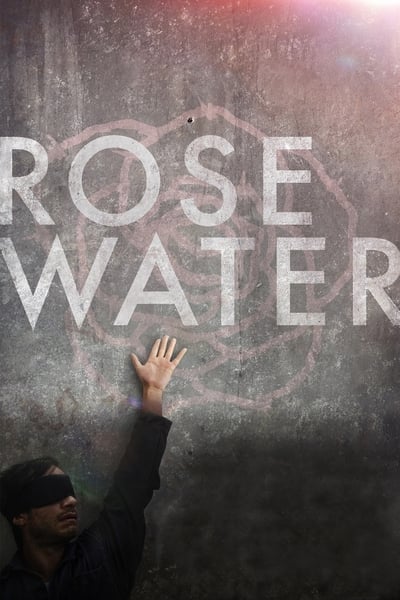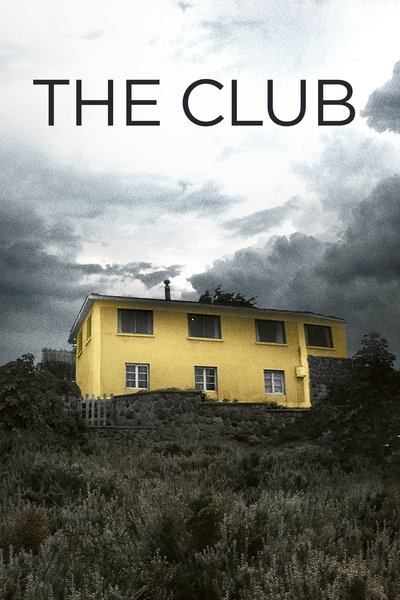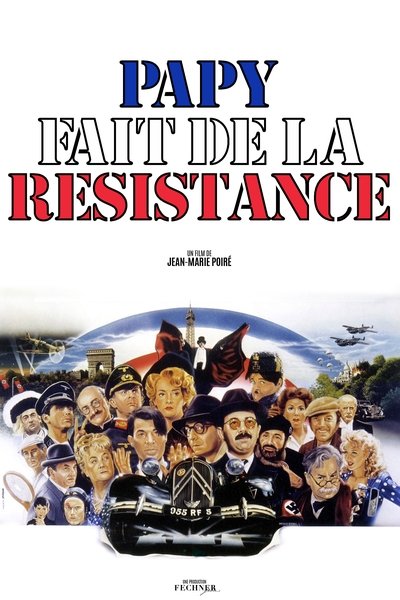
Nervus Rerum
The title of this work comes from Cicero’s Latin, meaning ‘the nerve of things’. Using Jenin refugee camp in the Palestinian Occupied Territories as its visual subject and a rich soundscape of excerpts from the writings of Fernando Pessoa and Jean Genet, Nervus Rerum confronts the difficulties of representation the people within this geographic enclave face. The Jenin camp was established in 1953, in order to provide shelter for Palestinians dispersed and expelled from their homes after the formation of Israel in 1948. The inhabitants of this camp resist resettling in order to keep their dispersed status, as to relinquish it would be to relinquish their claim upon their native home. As a result they have no political representation, rights, or status. In turn, Nervus Rerum disperses the sources it uses to represent these people and this place, exploring representation, transparency through opacity, and the form of the essay film in itself.

Storyline
The title of this work comes from Cicero’s Latin, meaning ‘the nerve of things’. Using Jenin refugee camp in the Palestinian Occupied Territories as its visual subject and a rich soundscape of excerpts from the writings of Fernando Pessoa and Jean Genet, Nervus Rerum confronts the difficulties of representation the people within this geographic enclave face. The Jenin camp was established in 1953, in order to provide shelter for Palestinians dispersed and expelled from their homes after the formation of Israel in 1948. The inhabitants of this camp resist resettling in order to keep their dispersed status, as to relinquish it would be to relinquish their claim upon their native home. As a result they have no political representation, rights, or status. In turn, Nervus Rerum disperses the sources it uses to represent these people and this place, exploring representation, transparency through opacity, and the form of the essay film in itself.





















